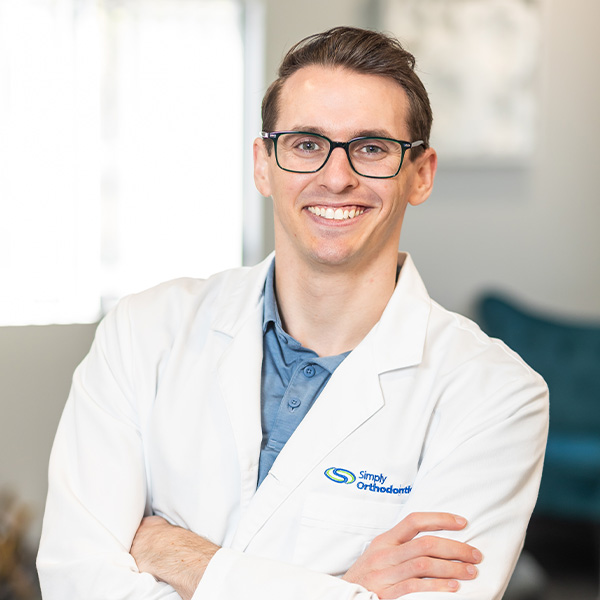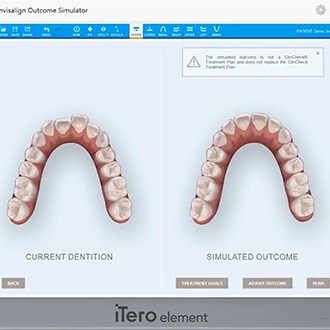What do you do if you can't afford an orthodontist?
If you have any concerns about the cost, we encourage you to talk to our team. After all, we offer multiple
financial solutions, and each is designed to make the price of braces more affordable. For example, we can
help our insured patients use any available benefits they have. Plus, we have an in-house savings plan and
welcome flexible financing for those who don’t have dental insurance! We also offer periodic specials,
lowering your out-of-pocket expenses even further. Simply put, don’t just assume that orthodontic
treatment is too expensive. Give us a call or schedule an appointment so we can find a solution.
How do I get emergency orthodontic care?
Fortunately, orthodontic emergencies are nowhere near as common as regular dental emergencies, like a
knocked-out tooth or loose restoration. If one does arise, however, then we recommend getting in touch with
our orthodontist near Wollaston as soon as you can. When you call our office, a knowledgeable member of our
team will learn more about what happened and, if possible, provide you with instructions on how to handle
your orthodontic emergency from home. If treatment is needed, then they will take a look at our calendar and
determine the earliest possible appointment.
How can I book an appointment online with an orthodontist?
Although calling is always the easiest way to schedule a visit, we understand that it isn’t always
convenient to get on the phone. If that’s the case for you, then you’re welcome to
request an appointment on our website
. You’ll simply fill out some important questions and hit “submit” – that’s
it! We’ll do our very best to respond right away.
What level of education is required to be an orthodontist?
The road to becoming a dentist requires years of extensive training, and becoming an orthodontist requires
additional schooling on top of that! The very first step is earning an undergraduate degree and being
accepted to one of 67 accredited dental schools in the U.S. From there, they need to undergo a mixture of
hands-on and classroom training for three years to earn their Doctor of Dental Medicine or Doctor of Dental
Sciences. Only after all of this criteria is met can they pursue special training in orthodontics. And, of
course, there are still continuing education hours that need to be met each year too!


















